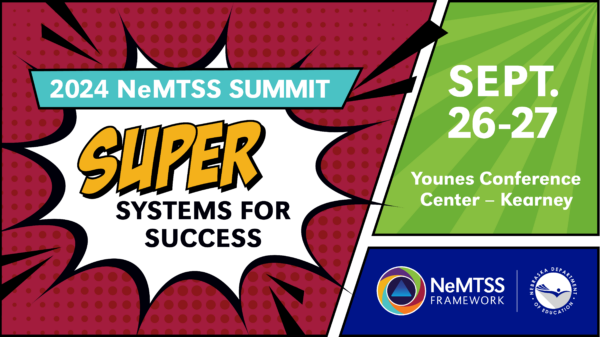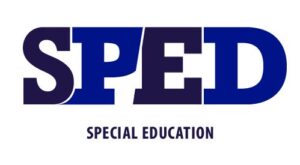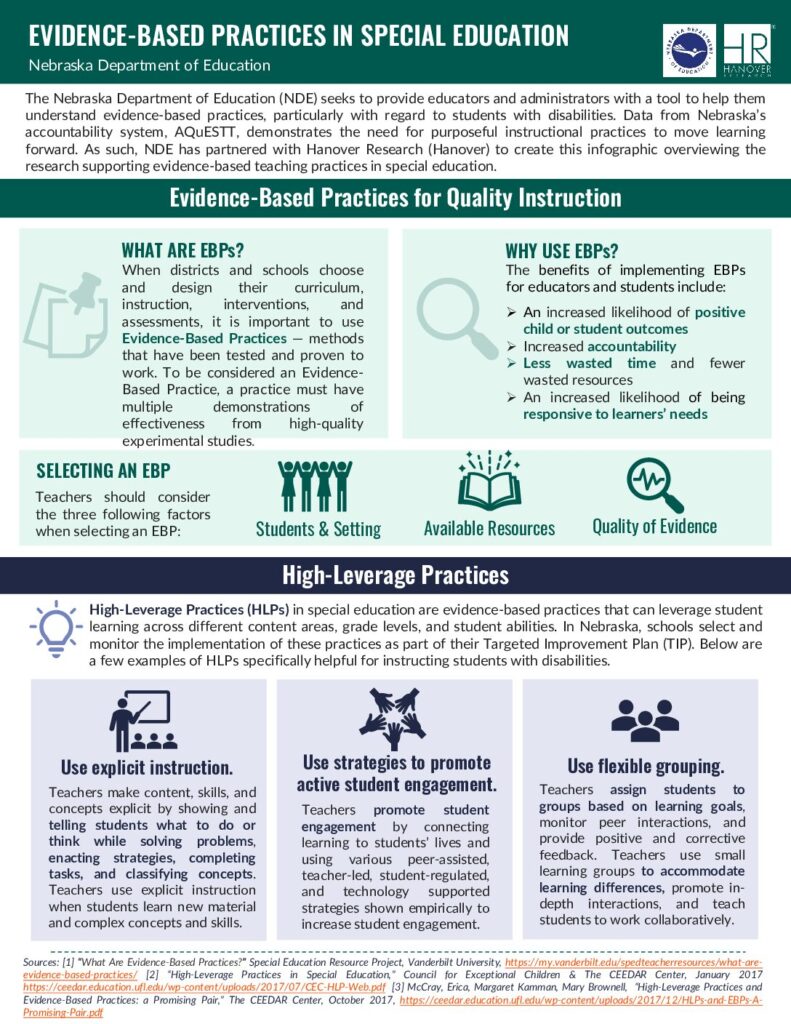As a condition of receiving IDEA funds, the State agency (which is the SEA under IDEA Part B Section 611 and Section 619 and the LA under IDEA Part C) must have a general supervision system. This system includes multiple components such as monitoring to — (1) improve educational results and functional outcomes for infants and toddlers with disabilities and their families and children with disabilities; and (2) ensure that LEAs and EIS programs and providers meet the requirements under IDEA.
State General Supervision Responsibilities Under Parts B and C of the IDEA
As part of Nebraska’s “Journey to Inclusion,” we are excited to work with our partners at Hanover Research to develop meaningful and easy-to-use resources to inform stakeholders about how to support inclusive efforts. This published infographic “Best Practices in Special Education NDE” highlights instructional strategies that not only support students with special needs but all students in the classroom. These high-impact instructional strategies are also aligned with selections found in the Targeted Improvement Plan (TIP) that schools submit to portray continuous improvement efforts within Special Education programs.
In December 2023, this infographic was reviewed by Nebraska’s Special Education Advisory Council (SEAC) and we are excited to share it widely. Stayed tuned for the next publication, “Benchmarking Co-Teaching Policies & Practices.”
Upcoming SPED Events

2024 Nebraska MTSS Summit – Hybrid
“Super Systems for Success”
September 26-27, 2024
Younes Conference Center North
Kearney, Nebraska
“Super Systems for Success” is the theme of this year’s hybrid event, hosted by the Nebraska Department of Education’s Office of Special Education and Office of Coordinated Student Support Services.
Participants may attend in person at the Younes Conference Center North or participate virtually.
Registration is $125
The summit will feature keynote and breakout sessions focused on four key strands — school safety, behavior, foundational literacy, and MTSS — recognizing the synergy that arises when these individual strands form connections within a strong school system.
Sessions will provide educators with opportunities to develop their individual “superpowers” to systematically promote inclusive practices and support staff in improving outcomes for all students.
More details are available on the summit website, including registering and reserving lodging. Consider bookmarking our summit blog and following us on Twitter and Facebook to receive updates.








